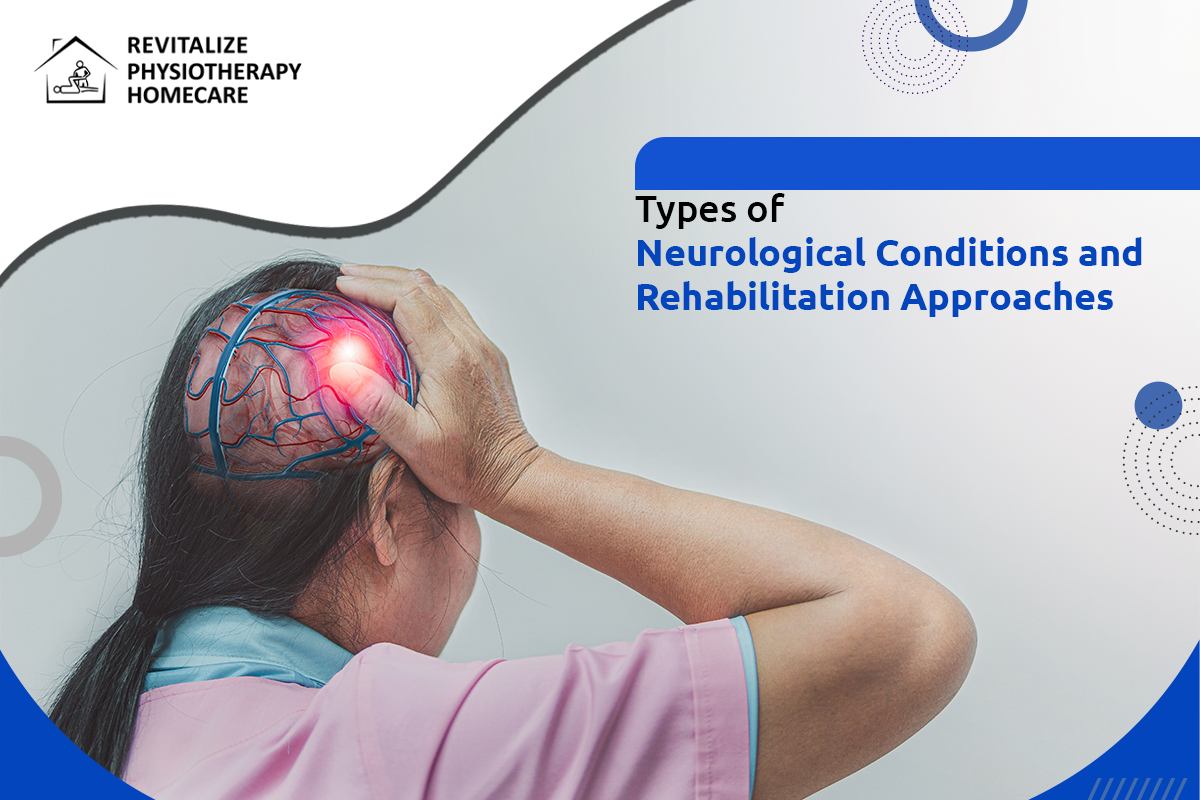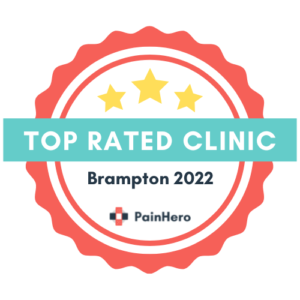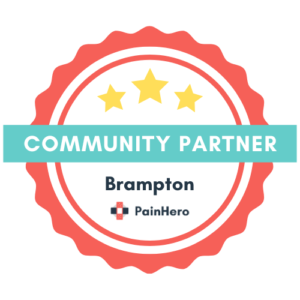Types of Neurological Conditions and Rehabilitation Approaches
Neurological conditions can have a profound impact on your life. It affects your mobility, coordination, cognition, and overall quality of life.
Fortunately, advancements in rehabilitation approaches have greatly improved. And it can lessen the adverse outcomes for you with neurological conditions.
In this blog, we will look at several neurological diseases. Plus, discuss six effective rehabilitation approaches suggested by our Professional Brampton Physiotherapist. These approaches will address the unique needs of people with neurological conditions.
Let's delve into the world of neurological rehabilitation. Together we will discover the possibilities of recovery from neurological conditions. So that you can live a life of independence and improved functionality.
Types of Neurological Conditions
1. Stroke
The brain suffers from a stroke when its blood supply is interrupted. As a result, brain cells die. This can cause a variety of symptoms, such as paralysis, trouble speaking, and cognitive deficits. The goal of rehabilitation following a stroke is to regain lost abilities. And it does so through occupational, speech, and physical therapy. Because they all enhance independence, communication abilities, and movement.
2. Multiple Sclerosis (MS)
The autoimmune disorder multiple sclerosis (MS) attacks the central nervous system. It leads to the destruction of the protective covering of nerve fibres. And that interferes with the brain's ability to communicate with the body. MS rehabilitation focuses on symptom management, mobility enhancement, and general well-being. Key elements of MS rehabilitation include physical therapy, occupational therapy, and dietary changes.
3. Epilepsy
An epileptic seizure is a neurological condition that causes recurrent seizures. The goal of epilepsy rehabilitation is to aid in seizure management and control. Along with lessening the negative effects of seizures on daily life and raising the general quality of life. Medication and lifestyle changes may be part of the treatment. Along with periodic counseling to address the psychosocial aspects of living with epilepsy.
4. Parkinson's Disease
Parkinson's disease is a neurological condition that affects movement and progresses over time. The degeneration of dopamine-producing brain cells is one of its defining characteristics. The aim of Parkinson's disease rehabilitation is to improve movement. Along with lowering stiffness and tremors, it also improves the quality of life in general. To treat specific symptoms, physical therapy, occupational therapy, and speech therapy are used. In order to maintain functional independence.
5. Spinal Cord Injury (SCI)
SCI results in varying degrees of paralysis and loss of sensory function below the level of injury. Rehabilitation for SCI aims to enhance mobility & promote independent living. Along with managing complications such as pressure sores and respiratory issues.
6. Peripheral Neuropathy
Peripheral neuropathy involves damage to the peripheral nerves. And it leads to pain, numbness, and muscle weakness. Rehabilitation approaches for peripheral neuropathy aim to manage its symptoms. And that improves strength and enhances functional abilities.
7. Traumatic Brain Injury (TBI)
Traumatic brain injury can occur as a result of a blow or jolt to the head, leading to brain damage. Rehabilitation for TBI focuses on addressing physical, cognitive, and emotional impairments. It includes a multidisciplinary approach. And it involves physiotherapy, speech therapy, cognitive rehabilitation, and psychological support. This approach helps you regain function and reintegrate into their communities.
Rehabilitation Approaches:
1. Physical Therapy
The goal of physical therapy is to increase mobility, strength, balance, and coordination. Therapists of the Physiotherapy Clinic Brampton use exercises, stretching, and functional training to help your situation. So that they can restore your mobility and increase your physical ability. Physical therapy can also assist in managing pain and avoiding side effects.
2. Occupational Therapy
The goal of occupational therapy is to improve your capacity for carrying out daily tasks. Therapists work with you to improve your motor skills. They assist you in adjusting to your surroundings. And also encourage you to use assistive devices to facilitate tasks such as dressing, grooming, and cooking. This will maximize your functional independence and quality of life.
3. Speech Therapy
Speech therapy is crucial for you if you are suffering from neurological conditions. Because it impairs your speech, language, and swallowing ability. Speech therapists offer treatments to enhance speech clarity. Along with language proficiency and swallowing capacity. They may use exercises, strategies, and assistive devices for the purpose. So that they can help the patient to improve communication and ensure safe swallowing.
4. Cognitive Rehabilitation
The goal of cognitive rehabilitation is to enhance cognitive abilities. This involves memory, attention, problem-solving, and executive skills. To address this condition, therapists use a variety of techniques, activities, and exercises. So that they can assist you in regaining cognitive capacities and compensating for any impairments. Their objectives are to encourage independence in daily life and improve cognitive function.
5. Psychological Support
Psychological support is an essential component of neurological rehabilitation. Managing a neurological illness can be difficult on the emotional and psychological levels. Psychologists and counselors offer support, guidance, and therapy to you and your family. So you all can cope with the emotional impact of your condition and manage stress.
6. Assistive Devices and Technology
Assistive devices and technology play a significant role in neurological rehabilitation. These tools support you in your daily activities, movement, and communication. Examples of these assistive devices are wheelchairs, walkers, communication aids, and smart home technology. The use of assistive devices and technology enables greater independence. Plus, allows you to actively participate in your daily life.
Conclusion:
Neurological conditions pose unique challenges. But with the help of rehabilitation, you can experience improved function and quality of life.
Revitalize is a well-known Physiotherapy Clinic in Brampton. At Revitalize, we offer comprehensive rehabilitation approaches tailored to different neurological conditions.
With the integration of various therapies mentioned above, you can overcome any challenge posed by your neurological condition. In addition, achieve optimal recovery from your condition and regain your well-being.
To schedule an appointment with our expert physiotherapist, kindly visit our website now.




